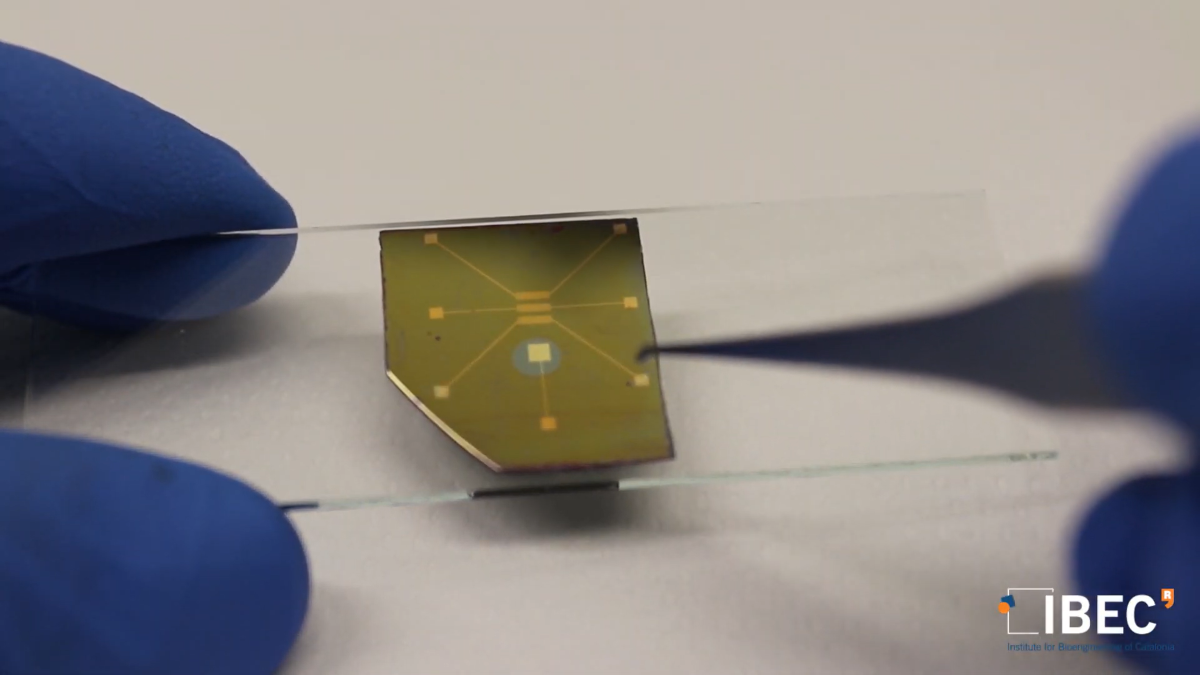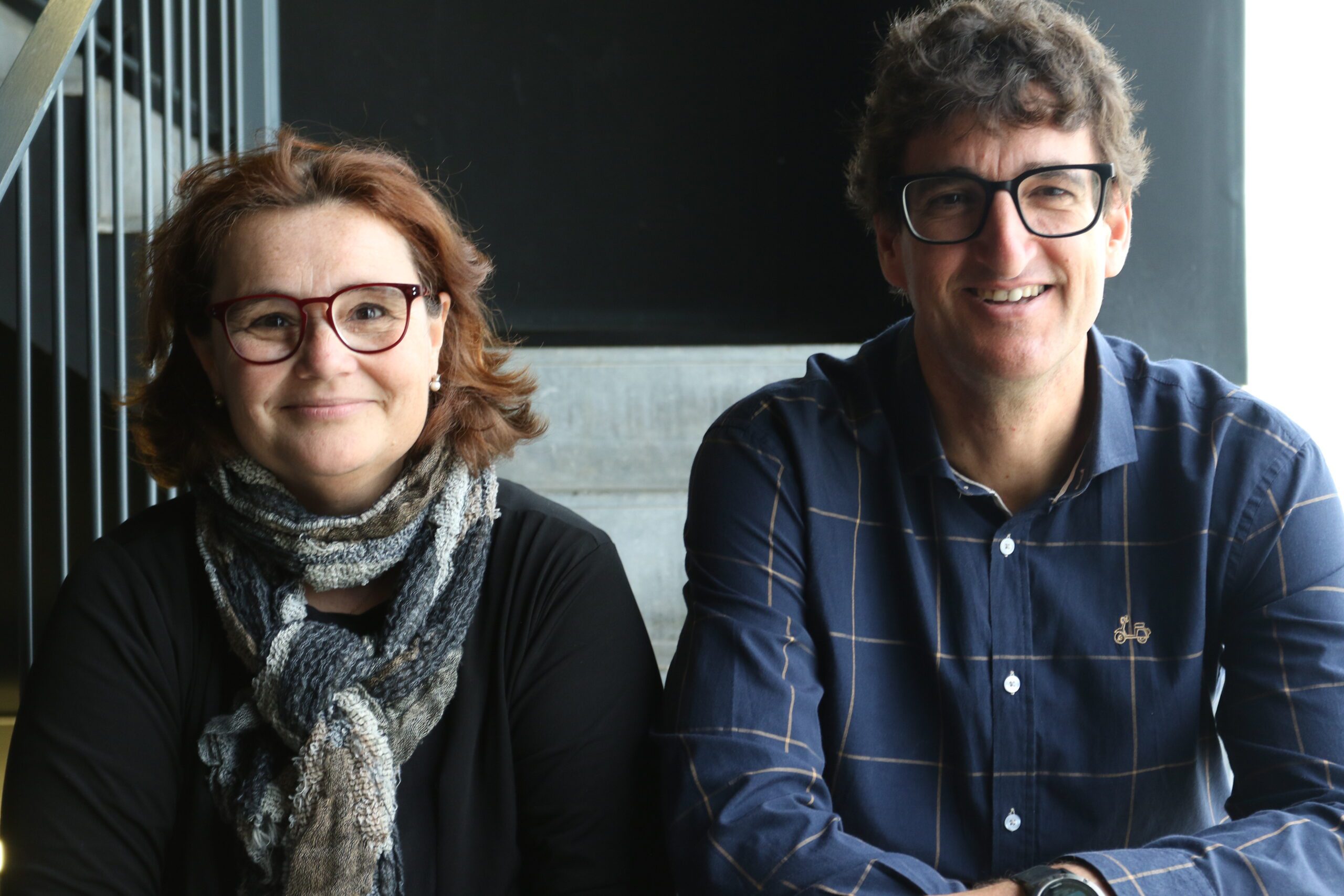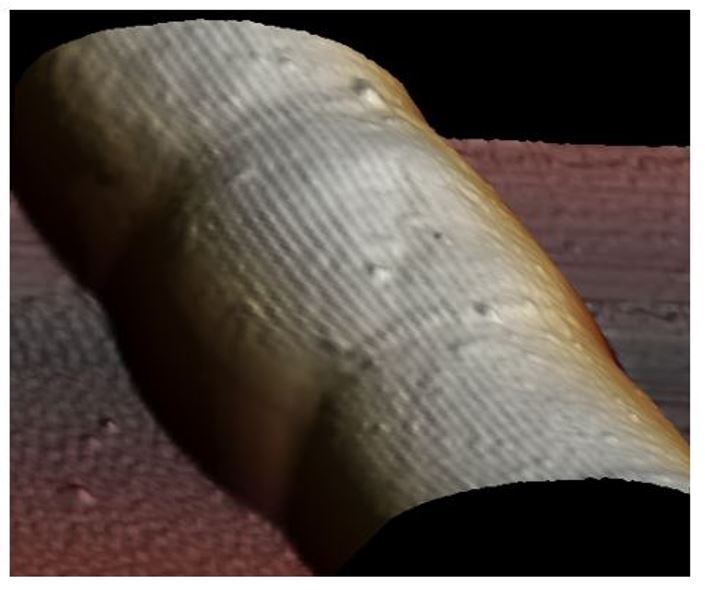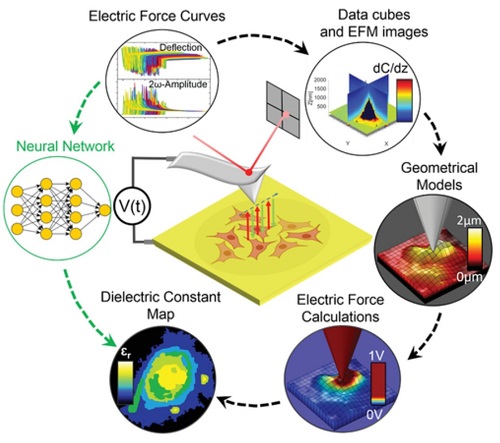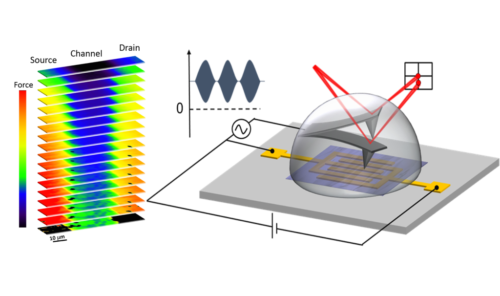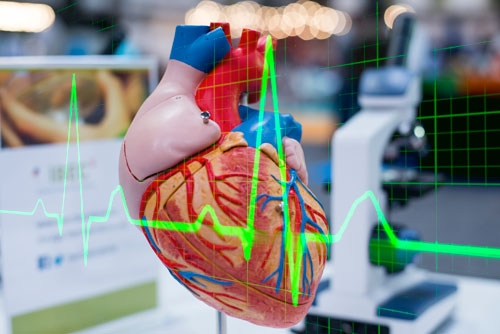New Methodology for Studying Organic Transistors in Operation with Applications in Bioelectronics
A study led by IBEC has successfully mapped the local electrical potential along the structure of organic transistors used in bioelectronics, enabling a detailed assessment of bottlenecks in charge transport. The goal of this study is to deepen the understanding of the properties of charge transport in materials used in organic electronics when in contact with liquid media, aiming to enhance their applications in biosensors or bioelectrical recordings.

